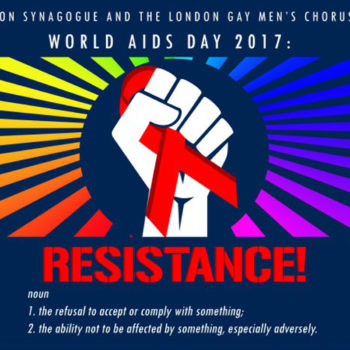
50 years since the decriminalisation of homosexuality? Actually, no.
You’re no doubt already aware that 2017 marks the 50th anniversary of the Sexual Offences Act 1967 – the legislation that came as a result of the Wolfenden Report which was published 10 years before.
Often, 1967 is therefore cited as the year that homosexuality was decriminalised in the UK. In reality, however, the 1967 Act decriminalised consensual sexual activity between two men over the age of 21 ‘in private’. It also only applied to England and Wales (Scotland would follow suit in 1980 and Northern Ireland in 1982) and didn’t cover the Merchant Navy or the Armed Forces.
The ‘in private’ part may not seem too surprising at first, but it’s an important element as it meant that sexual activity could be between two men only, and that any activity that happened in a hotel or guest house (which weren’t considered private) would still be illegal.
Homosexuality would only actually be decriminalised in 2004, just 13 years ago. It was in May of this year that the Sexual Offences Act 2003 came into force. This Act replaced most previous legislation (including the 1967 Act) and instead introduced neutral offences – meaning sexual acts were viewed by the by the law without regard to the sex of the participants – and removed the previous conditions to privacy. The Act also repealed the sexual offences of ‘gross indecency’ and ‘buggery’, and followed the Sexual Offences (Amendment) Act of 2000, which equalised the age of consent.
Between the two Acts of 1967 and 2003, 30,000 gay and bisexual men were convicted for behaviour that would not have been a crime had their partner been a woman.
All that being said, and while there is still much more to be done in the UK and around the world, the 50th anniversary of the Sexual Offences Act 1967 is something to celebrate. It was the starting point of a change in equality for gay and bisexual men who had been criminalised for more than 500 years, since Henry VII passed the ‘Buggery Act’ which made sexual activity between two men punishable by death.
In our upcoming show, Agit-Pop, we therefore mark 50 years of the Act with songs by Erasure, Nina Simone, Boy George, Lily Allen, Bob Dylan, The Beach Boys and many more, to celebrate the music of liberation and protest, and how popular music changed the world.
You can buy tickets for the show here http://bit.ly/2pdrhQ3.
- Posted by Andrew Levey
- On May 5, 2017
- 0 Comments




0 Comments